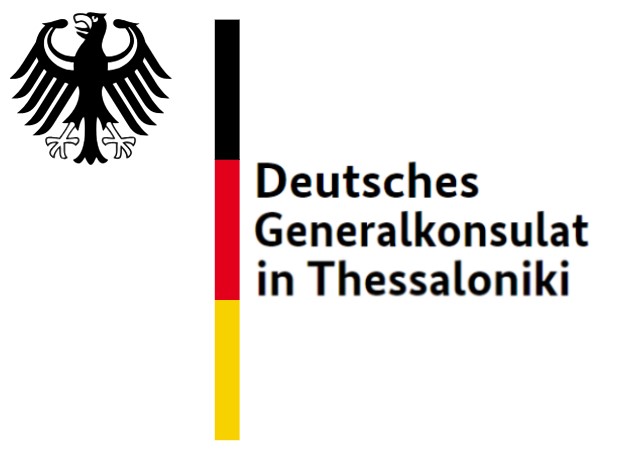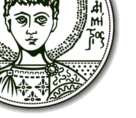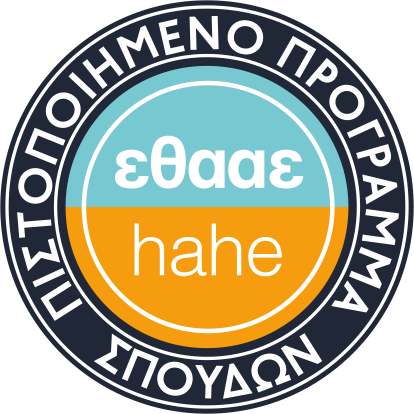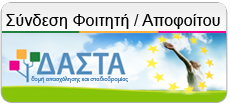13th Trends in Classics - Description
Department of Classics, Aristotle University of Thessaloniki
Department of Classics, Ludwig-Maximilians-Universität Munich
13th Trends in Classics International Conference
“Intended Ambiguity”
Thessaloniki, 23-26 May 2019
Auditorium: “Stephanos Dragoumis”
Museum of Byzantine Culture
(2, Stratou Avenue
http://mbp.gr)
Ambiguity in the sense of two or more possible meanings is considered to be a distinctive feature of modern art and literature. It characterizes the “open artwork” (Eco) and is generated by “disruptive tactics” (Wellershoff) and strategies to engender uncertainty. While ambiguity is seen as a “paradigm of modernity” (Bode), there is skepticism regarding its use in the pre-modern era. Older studies were dominated by the conviction that there was a lack of ambiguity in pre-modernity because, according to the rules of the “old rhetoric”, ambiguity was seen as an avoidable error (vitium) and a violation of the dictate of clarity (perspicuitas).
The aim of the conference is to re-examine the putative “absence of ambiguity” in the pre-modern era. Is it not possible to find in antiquity clear examples of deliberately employed (intended) ambiguity? Are the oracles and riddles, the Palinode of Stesichoros and Socrates (Phaedrus), the dissoi logoi of rhetoric, the ambiguities of the tragedies all exceptions or do they not indicate a distinct interest in the artistic use of ambiguity? The presentations of the conference, which will include scholars from various philologies, will combine a recourse to theoretical concepts of intended ambiguity (in rhetoric, philosophy and aesthetics) with exemplary analyses from the field of pre-modern art and literature.
Organizing Committee:
Therese Fuhrer, Ludwig-Maximilians-Universität Munich
Stavros Frangoulidis, Aristotle University of Thessaloniki
Antonios Rengakos, Aristotle University of Thessaloniki & Academy of Athens
Martin Vöhler, Aristotle University of Thessaloniki
For further information, please contact:
Stavros Frangoulidis (frango@lit.auth.gr)
The organizers would like to acknowledge the kind and generous support of:
 | ||||
 |  |  |  |  |



